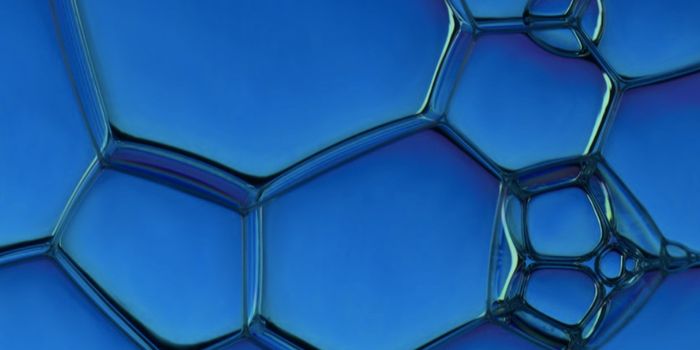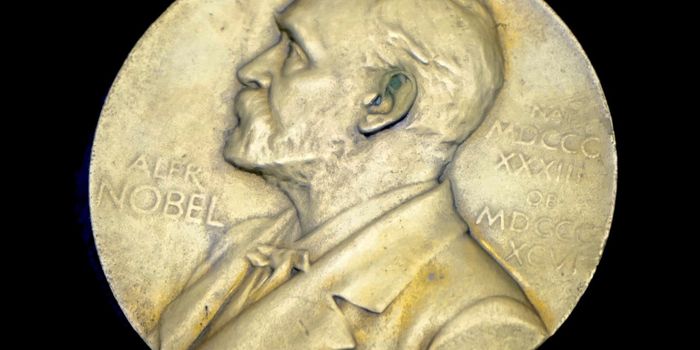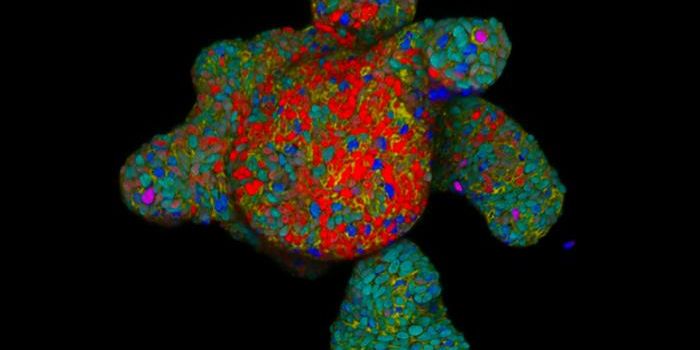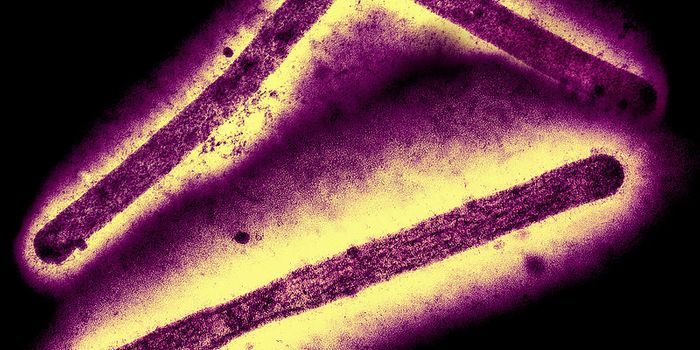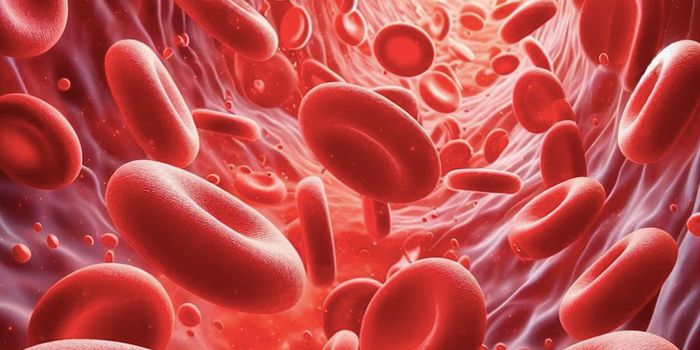Humans are far more likely to get several types of cancerous tumors than our closest evolutionary cousins, chimpanzees. Researchers may have now learned more about why that is. The work, which was reported in FASEB BioAdvances, suggests that humans carry a gene that's sometimes expressed but in other cases is not, and that may be related to why we're more prone to advanced carcinoma than chimps. The cancer-related gene is called SIGLEC12, which encodes for a protein that was probably once involved in the immune response.
"At some point during human evolution, the SIGLEC12 gene, and more specifically, the Siglec-12 protein it produces as part of the immune system, suffered a mutation that eliminated its ability to distinguish between 'self' and invading microbes, so the body needed to get rid of it," explained the senior study author Ajit Varki, M.D., Distinguished Professor at the University of California (UC) San Diego School of Medicine and Moores Cancer Center.
While most people stopped expressing the gene as a protein, it wasn't removed from the genome, and it seems some people still express a mutated form of the gene.
"But it's not completely gone from the population; it appears that this dysfunctional form of the Siglec-12 protein went rogue and has now become a liability for the minority of people who still produce it," added Varki.
In about 60 to 70 percent of people, the SIGLEC12 gene carries a mutation that stops the full-length protein from being produced. The human SIGLEC-12 gene also carries a mutation that stops it from recognizing its binding partner. It had been assumed to be of little clinical relevance.
In this research, the scientists assessed the Siglec-12 proteins in cancerous and normal tissue samples. They found the Siglec-12 protein in about 30 percent of normal tissue samples, which was expected based on the genetic data. However, a significant majority of the advanced cancerous tissue samples were also found to carry the Siglec-12 protein.
When the researchers investigated tissue samples from a different group of patients that had advanced stage colorectal cancer, they determined that over 80 percent of the tissue samples carried the still-functional version of the SIGLEC-12 gene. These patients with the functional gene also had worse clinical outcomes than the patients that carried a non-functional form of the gene.
"These results suggest that the minority of individuals who can still make the protein are at much greater risk of having an advanced cancer," said study co-leader Nissi Varki a professor of pathology at UC San Diego School of Medicine.
After engineering tumor cells to produce the Siglec-12 protein, the researchers confirmed that the protein made the cancerous cells grow much faster compared to cells that did not make the protein. The production of the protein was also linked to biochemical pathways that are known to be active in active cancers
This work could one day be used to create diagnostic tools that can improve treatments. Varki noted that "we might also be able to use antibodies against Siglec-12 to selectively deliver chemotherapies to tumor cells that carry the dysfunctional protein, without harming non-cancerous cells."
Sources: Science Daily via University of California - San Diego, FASEB BioAdvances


